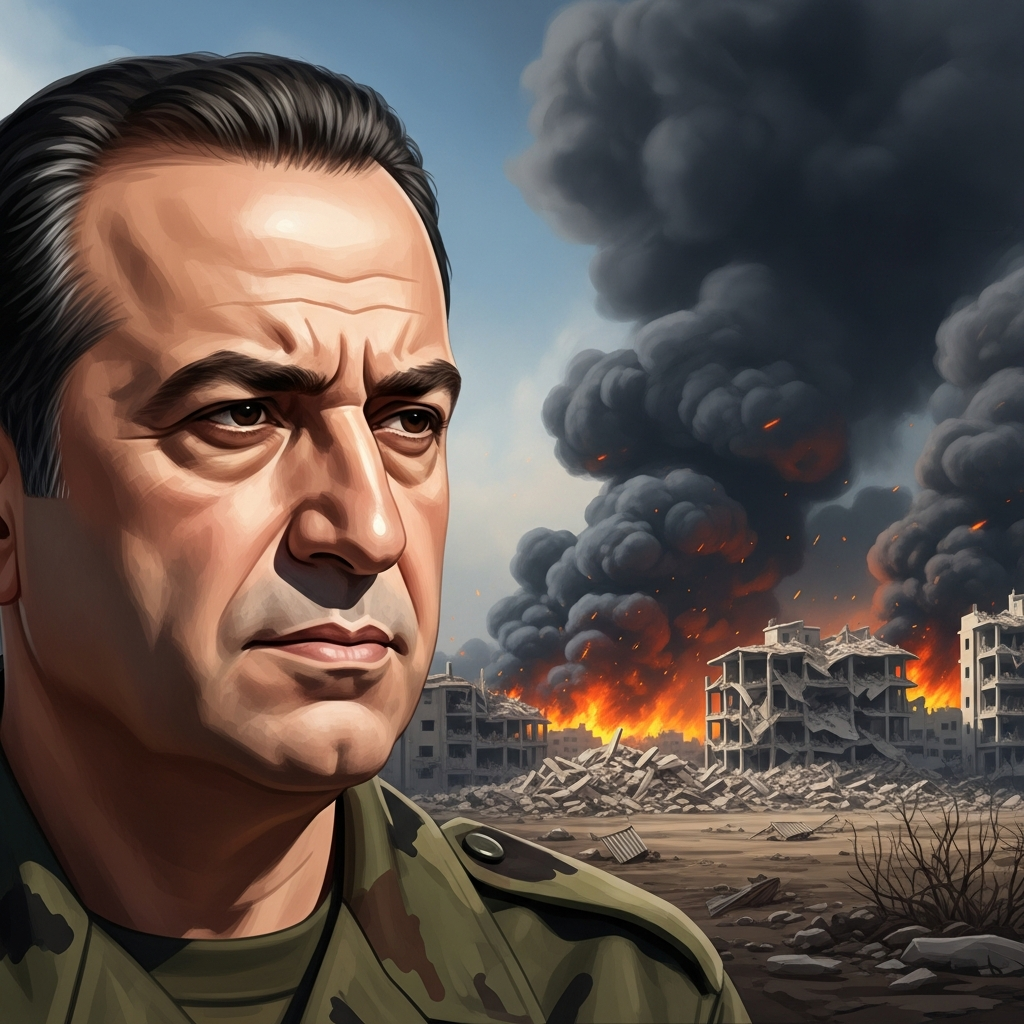Trump Puts Decision on Potential Iran Military Action on a Two-Week Timeline
President Donald Trump is expected to decide whether the United States will join Israel in potential military action against Iran “within two weeks,” the White House confirmed Thursday. This timeframe is directly linked to the belief that a “substantial chance” for diplomatic negotiations with Iran still exists in the near future, according to White House press secretary Karoline Leavitt.
The announcement aims to manage expectations amidst escalating tensions and speculation about an immediate U.S. strike, particularly targeting Iran’s nuclear program. While describing President Trump as a “peacemaker in chief” open to diplomacy, Leavitt also emphasized his “peace through strength” approach, indicating a willingness to use force if necessary.
Escalating Conflict Provides Critical Context
This pivotal decision comes as the conflict between Israel and Iran intensifies dramatically. Recent days have seen significant exchanges, including large-scale Iranian missile and drone attacks on Israel.
Among the targets hit by Iranian fire was the Soroka Medical Center, the largest hospital in southern Israel, which sustained damage to an evacuated surgical wing, resulting in injuries to several people, including civilians wounded by shrapnel and blast effects. While Iran claimed the strike targeted a nearby military objective, Israel condemned the attack as a war crime against civilians.
Simultaneously, Israel has continued its strikes on Iran’s infrastructure, notably targeting Iranian nuclear sites. The Israeli military reported striking the Arak heavy water reactor (though international inspectors deemed it non-operational) and the Natanz enrichment facility.
Casualty figures remain disputed, highlighting the conflict’s severity, with reports from Iranian sources, human rights groups, and Israeli authorities indicating hundreds of fatalities combined since the recent escalation began.
Diplomacy Runs Parallel to Military Tensions
Despite the ongoing hostilities, diplomatic channels appear to remain open. U.S. officials indicate President Trump is seriously considering military involvement but is keen to ensure all diplomatic avenues are explored first.
Reports confirm direct communication between U.S. special envoy Steve Witkoff and Iranian Foreign Minister Abbas Araghchi. Multiple phone conversations have reportedly taken place between the two since Israel’s recent strikes commenced, signaling efforts towards a diplomatic resolution.
Furthermore, European powers are actively engaged. The foreign ministers of France, Germany, and the United Kingdom are scheduled to meet with their Iranian counterpart in Geneva, a meeting viewed as an attempt by nations involved in previous nuclear deal negotiations to urge restraint and a return to diplomacy. European nations have jointly called for all sides to de-escalate and avoid steps leading to further regional instability.
Potential U.S. Action and Objectives
A primary objective behind the potential U.S. military action would be to dismantle Iran’s nuclear program, which U.S. officials assert Iran has “never been closer” to weaponizing. President Trump has previously issued demands for Iran to cease uranium enrichment.
Potential targets reportedly under consideration include Iran’s underground nuclear facilities, such as the Fordow enrichment site. Its deep, mountainous location makes it particularly difficult for conventional weaponry, leading to speculation that the U.S. may possess unique capabilities required to neutralize it.
While the U.S. has stated it retains the capability for strikes, President Trump has maintained an air of strategic ambiguity, publicly stating, “I may do it… I may not do it.” This stance comes amidst reports that he had previously approved strike plans but held off, a detail he has neither confirmed nor denied while pushing back on media reports claiming to know his intentions.
Warnings and International Reaction
Iran has issued strong warnings against any direct U.S. intervention, with Iranian officials stating that U.S. involvement would turn the conflict into a “quagmire” and cause “hell for the whole region.” They emphasize the conflict is “not America’s war” and warn of irreversible consequences.
Meanwhile, Israel has welcomed international support, with Prime Minister Netanyahu detailing significant U.S. military assistance, including defensive missile systems like THAAD and Aegis ships, alongside U.S. pilots assisting in air defense. Israeli officials have also made harsh statements regarding the fate of Iran’s leadership.
Amidst these heightened tensions and threats, global actors like Russia and China have repeatedly cautioned against further U.S. involvement and called for a ceasefire, highlighting international concerns about the conflict’s potential for broader regional instability.
The next two weeks are anticipated to be critical, with the possibility of diplomacy competing directly with the potential for significant military escalation in the Middle East.

